IPv4
From $0.70 for 1 pc. 41 countries to choose from, rental period from 7 days.
IPv4
From $0.70 for 1 pc. 41 countries to choose from, rental period from 7 days.
IPv4
From $0.70 for 1 pc. 41 countries to choose from, rental period from 7 days.
IPv6
From $0.07 for 1 pc. 14 countries to choose from, rental period from 7 days.
ISP
From $1.35 for 1 pc. 23 countries to choose from, rental period from 7 days.
Mobile
From $14 for 1 pc. 14 countries to choose from, rental period from 2 days.
Resident
From $0.90 for 1 GB. 200+ countries to choose from, rental period from 30 days.
Use cases:
Use cases:
Tools:
Company:
About Us:
Sneaker bots are specialized software designed to automate the purchasing of limited edition sneakers, which often sell out quickly after release. These bots are also utilized for buying other high-demand or limited-quantity items like sportswear and accessories.
The process with a sneaker bot is significantly faster than manual purchasing. They can automatically fill out order forms, bypass virtual queues, and complete purchases in mere seconds after a product drop. This capability is particularly beneficial for resellers who aim to buy limited edition items to resell at a higher price, as well as collectors seeking to acquire rare and exclusive products for their collections.
It's crucial to note that using a sneaker bot effectively requires preliminary setup, including the configuration of proxy servers. Next, we’ll explore the importance of proxies for sneaker bots and discuss how they function.
To automate the purchase of the desired pair of shoes using a sneakerbot, specific configuration steps are required. Let's examine the setup process using the NSB (Nike Shoe Bot) as an example.
Understanding the layout of the bot is crucial. Here's what you find on the main navigation:
Preparation for working with the bot involves the following steps:
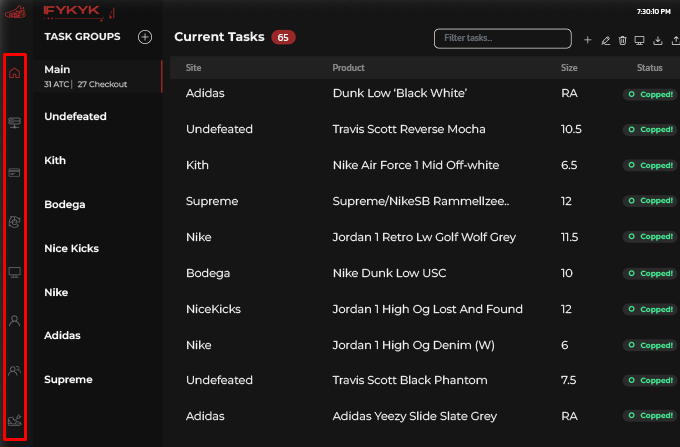
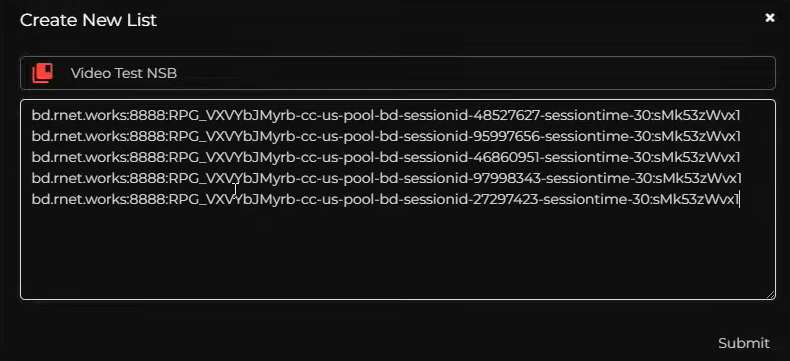

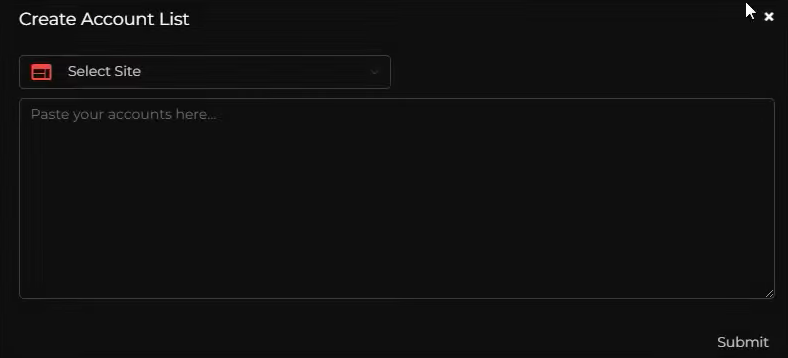
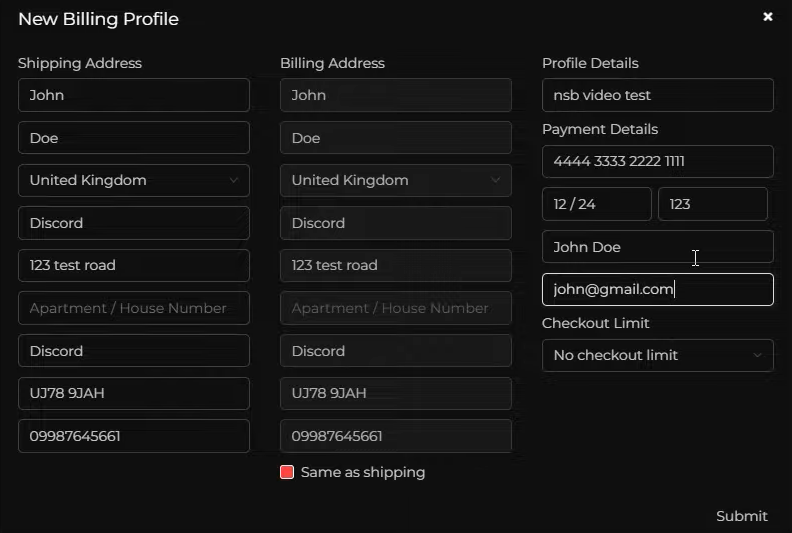

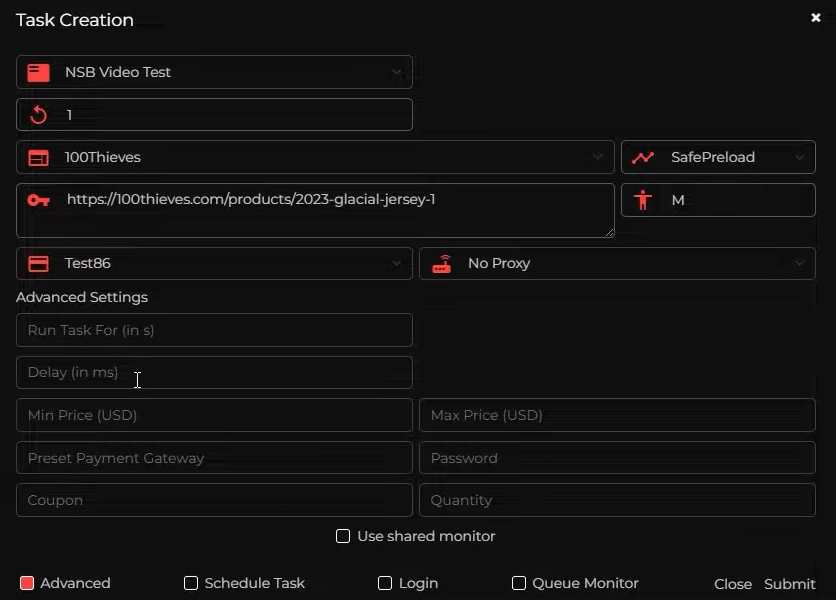
On the main screen, users can track all active tasks and monitor their status.
Trading platforms that sell sneakers and other branded items employ specialized systems on their websites to detect and counteract bot activity. These systems are designed to identify actions more typical of automated software than human users.
To spot suspicious activity, these security systems scrutinize various elements such as the IP address of the incoming request, user behavior on the site, and other details like cookies. If an unusually high volume of requests is detected coming from a single IP address, or if the geolocation seems suspicious, the site may trigger a CAPTCHA or even block access.
Additionally, many platforms, especially those selling limited-edition sneakers, enforce a “one product per person” rule to prevent bulk purchases by bots, which could lead to inflated resale prices. This rule aims to ensure a fair purchasing process and to give genuine fans and collectors a better chance of acquiring limited-edition models.
To circumvent these restrictions, proxies for sneaker bots are utilized. These proxies help change the IP address from which a purchase is made, allowing users to bypass the site's anti-bot measures.
Moreover, online stores often limit the availability of certain models to specific regions, releasing exclusive items only in selected countries. For example, New Balance releases its New Balance 1300JP model exclusively to the Japanese market every five years, restricting access to this product for resellers from other regions. Using a proxy enables these resellers to appear as if they are from the permitted region, allowing them to purchase multiple pairs of these exclusive sneakers.
The main purposes of using proxies in sneaker bots include:
Using a sneakerbot with properly configured proxies can significantly enhance account anonymity during online shoe purchases. This setup makes it difficult for trading platforms to detect that multiple operations are being conducted by a single user. However, the effectiveness of this strategy heavily depends on the type of proxy used.
There are four main types of proxy servers that can be used with sneaker bots for automated purchases:
Among these, IPv4 and ISP proxies are categorized as static proxies, meaning the IP address remains the same throughout the entire period of use. On the other hand, residential and mobile proxies are dynamic proxies, where the IP address can change at intervals set by the user.
Given that many large branded shoe marketplaces have security systems designed to track and block bots, selecting the right proxy servers is crucial to circumvent these measures. The characteristics associated with each type of proxy are significant in this context, impacting their effectiveness in avoiding detection.
Based on this analysis, here are some recommendations for selecting proxies to use with sneaker bots. For important releases and on large sites with strict anti-bot measures, mobile or residential proxies are the best options due to their high trust factor and difficulty in being detected. For quick and bulk purchases, an ISP proxy pool is suitable because of its reliability and fast connection speeds. An IPv4 proxy is a good choice for testing or for less critical tasks on small or obscure sites that do not have stringent bot protection measures in place.
